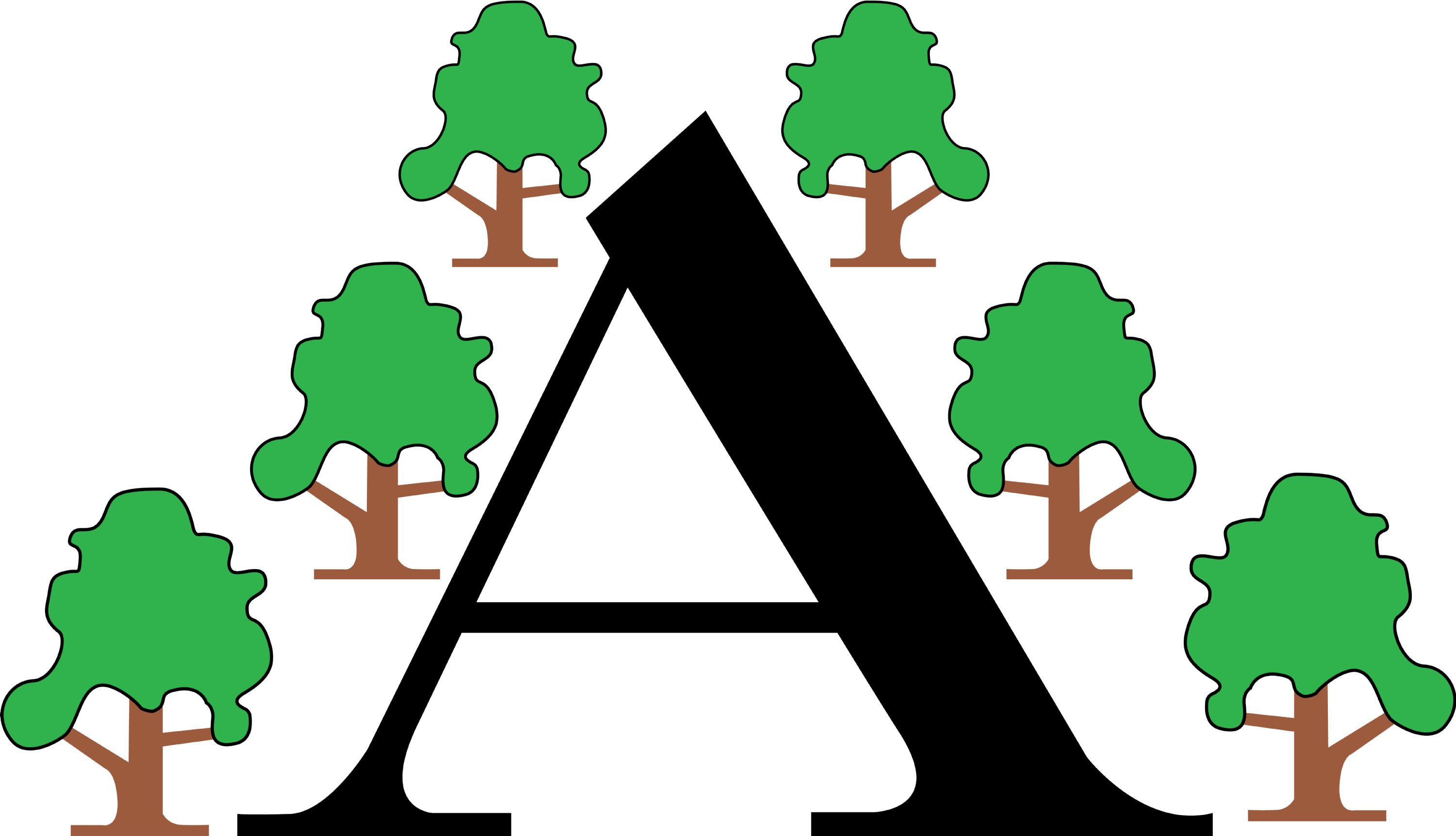Spellings and Grammar
The children are not tested in a weekly spelling test. However, we do send home spelling cards on a regular basis. This will begin when appropriate in Reception and throughout Year 1 and 2.
We ask that you encourage your child to practise reading and spelling these words and then show their class teacher. By practising these at home, you will be consolidating their learning and supporting your child in their writing development.
Alongside this, we are constantly teaching and reinforcing correct spellings in school in our English and phonics lessons.
Ideas for games and activities to practise spellings
- 'Look - Cover -Write - Check' - ask your child to look at a word, then cover it, they write it and then check that they have got it right. If they haven't, then they look at where they went wrong and try again.
- Choose a word and write a sentence using it. Extend this to 2, 3, 4 or even 5 words to write some very silly sentences!
- Make post-it note or flash cards using the spellings. Put them into a box or bag and pull one out a time, read it to your child and they spell it.
- Use the post it notes or flash cards from above, hide them, your child finds one at a time, reads it and then must go back to a central place to write it before checking.
- There are free activities available at Spelling City where you are able to put your own spellings into the programme to be tested on.
- Play a normal board game but turn it into a spelling game in a number of different ways; e.g. each time that an even number is rolled a spelling must be written (by adults too!), put post it notes or small pieces of paper onto squares on the board, and if you land on them then you must practise that spelling - if you get it right then you could move on two spaces or similar.
Just practising a few times a week could make a big difference to your child's spelling ability - don't overload them by expecting them to learn all the words on the grid in a week! Try to learn words which have similar spelling patterns in groups - e.g. don't and won't, or why, when, where and what (all 'wh' words).
Grammar
As well as being able to spell words correctly, use a wide range of vocabulary and punctuate well, children need to grasp the meaning of grammatical terms such as noun, verb, adjective, prefix, pronoun and adverb. They need to know what phrases and clauses are and how to use them, understand what conjunctions are and how they work, know how to turn a question into a command, and so on.
This terminology can be a stumbling block even for children who are otherwise good at reading and writing, and make the questions hard to understand.
